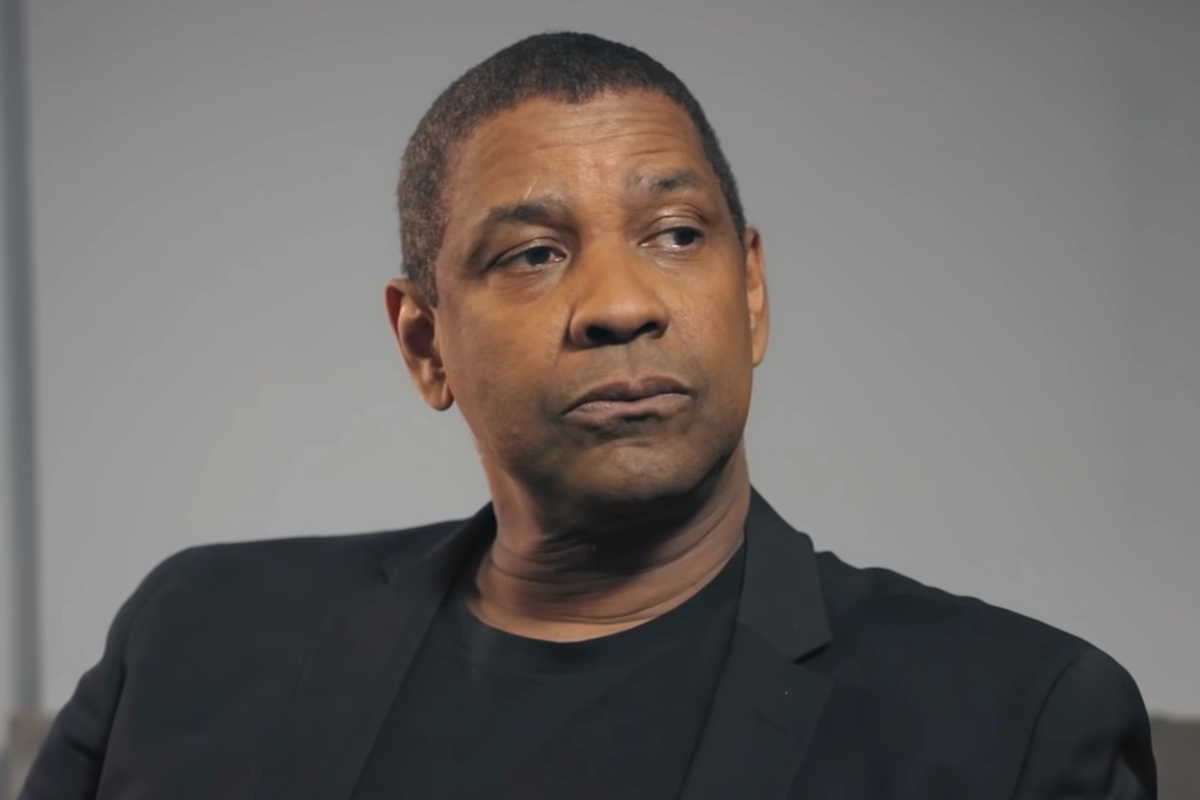In a shocking revelation, Denzel Washington allegedly threatened to expose media mogul Oprah Winfrey for her role as a so-called “Hollywood Handler,” an accusation that has sent shockwaves throughout the entertainment industry. The claim adds fuel to the ongoing discourse about the darker sides of Hollywood, where power, manipulation, and control come to the forefront.
For years, Oprah has been revered as a leading figure in the media world, while Denzel has earned widespread acclaim for his acting talent. However, a recent series of incidents involving influential Black artists, including Ludacris, Dave Chappelle, and even the late Michael Jackson, has reignited criticism of Winfrey’s methods and her alleged role in silencing celebrities who seek to speak out against industry exploitation.

The Ludacris Incident
Ludacris, a prominent figure in hip-hop, publicly expressed his discomfort after his appearance on The Oprah Winfrey Show in 2005 to promote the film Crash. According to Ludacris, Oprah chastised him for the controversial language in his music rather than focusing on the film or the racial discrimination themes he had intended to discuss. He later revealed in an interview with GQ that Oprah edited out several of his comments, which he felt undermined his credibility as both an artist and actor.
This tension between Oprah and Ludacris highlights the larger issue of how mainstream media often dismisses or diminishes the contributions of hip-hop artists. Ludacris stated that Oprah’s actions left him feeling “unwelcome and uncomfortable,” sparking a larger conversation about how rappers are treated in public media forums.
Dave Chappelle’s Shocking Claims
Comedian Dave Chappelle also experienced a controversial interaction with Oprah when he appeared on her show after abruptly leaving his hit series, Chappelle’s Show. Chappelle discussed the immense pressure and stress he faced in Hollywood, which he believed was a deliberate attempt to control him. Oprah, rather than sympathizing with his plight, insinuated that Chappelle might have lost his mind, fueling further suspicion about her role in manipulating powerful Black figures within the industry.
Chappelle’s candidness about Hollywood’s inner workings has resonated with many, as he compared his struggles to other celebrities like Mariah Carey and Martin Lawrence, who also faced public breakdowns. His revelation about the systemic manipulation of Black artists raised questions about Oprah’s involvement in these dynamics.

Michael Jackson’s Tumultuous Interview
One of the most controversial moments in Oprah’s career involved her 1993 interview with Michael Jackson at his Neverland Ranch. Fans of Jackson accused Oprah of betraying him by asking intrusive and accusatory questions about his appearance, romantic life, and friendships with children. Despite Jackson’s vulnerable admission about his abusive relationship with his father, Oprah’s persistent line of questioning left many fans feeling that she was attempting to exploit his personal pain for television ratings.
This interview played a significant role in shaping public opinion of Jackson, contributing to the legal and public scrutiny that followed him for years. Many fans felt that Oprah’s handling of the interview was inappropriate, further tarnishing her reputation among some within the Black community.
Taraji P. Henson’s Battle for Fair Compensation
Taraji P. Henson’s recent revelations about unequal pay in Hollywood also touched upon Oprah’s involvement in the industry. Although Henson didn’t directly name Oprah in her statements, her comments about the systemic underpayment of Black actors—particularly in the production of The Color Purple remake, which Oprah co-produced—raised questions about the media mogul’s role in perpetuating inequality.

Henson’s public frustration with Hollywood’s treatment of Black actresses has reignited discussions about fair pay, with many questioning why, despite her influential position, Oprah hasn’t been more vocal in advocating for equal compensation for Black talent.
Conclusion
These accusations from Denzel Washington, Ludacris, Dave Chappelle, and others paint a troubling picture of Oprah Winfrey’s relationship with Black artists in Hollywood. The recurring themes of manipulation, silencing, and exploitation have led many to question her true role within the industry.
As these controversies continue to unfold, the public is left grappling with the question: Is Oprah Winfrey truly the empowering media figure she has long been portrayed as, or has she played a part in upholding the very system that stifles and controls the voices of those she claims to uplift?